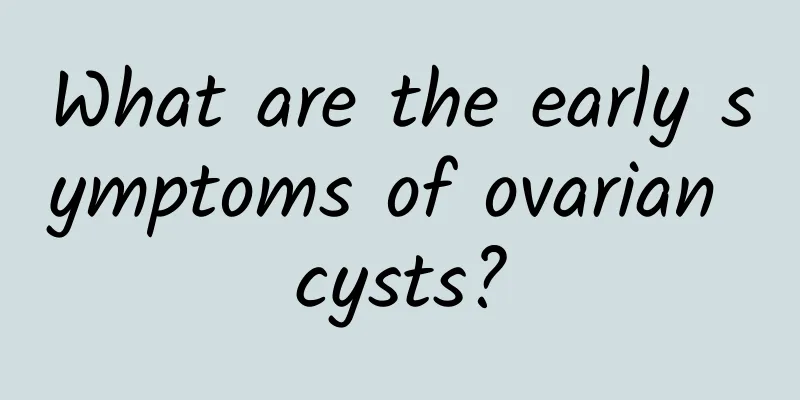What are the dietary considerations for bacterial vaginosis?

|
The vagina is the most sensitive part of a woman, and its environment is also relatively special. If it is not properly cared for, it is particularly easy to cause gynecological diseases. Bacterial vaginosis is a very common one. Moreover, regular care is required after the disease is cured, otherwise it will recur and cause serious troubles to the patient's daily life. Patients should understand some common sense in diet. 1. Avoid seafood: Fishy foods, such as mandarin fish, yellow croaker, hairtail, black fish, shrimp, crab and other aquatic products can promote damp heat, which can aggravate vulvar itching after eating and is not conducive to the disappearance of inflammation, so they should be avoided. 2. Pay attention to dietary nutrition: eat more fresh vegetables and fruits to keep bowel movements smooth; drink more water to prevent urinary tract infection. 3. Tobacco and alcohol: Smoking can aggravate the disease because the nicotine in tobacco can weaken the binding force between arterial blood and oxygen, and alcohol can promote dampness and heat, so it should be avoided. Similarly, foods containing alcohol, such as fermented rice wine and medicinal wine, should not be consumed. 4. Avoid spicy food: Eating too much spicy food (chili pepper, ginger, onion, garlic, etc.) can easily cause dryness and heat, which can cause heat and toxins to accumulate in the internal organs, resulting in symptoms such as swollen and painful gums, mouth sores, short and red urine, burning sensation in the anus, itching and pain in the front and back of the vulva, thus aggravating the symptoms of this disease. 5. Avoid sweet and greasy food: greasy food such as lard, fatty pork, cream, butter, mutton fat, etc., high-sugar food such as chocolate, candy, desserts, cream cakes, etc. These foods help to increase moisture and heat, which will increase the secretion of leucorrhea and affect the treatment effect. For gynecological diseases such as bacterial vaginosis, everyone must control their diet. In addition, they must pay attention to their personal hygiene in daily life. When cleaning the vagina, do not use cleansers frequently. After sexual intercourse, pay attention to body cleaning to prevent bacteria from growing. |
<<: Dietary taboos for bacterial vaginosis
>>: Dietary Tips for Bacterial Vaginosis
Recommend
How to treat endometrial tuberculosis with traditional Chinese medicine
The TCM treatment of endometrial tuberculosis is ...
Can vegetarians also cause fatty liver? Key point: Insufficient protein intake
Can a vegetarian diet also cause fatty liver? Thi...
There are 6 things to pay attention to during perimenopause pregnancy. You should pay attention to them for yourself and your baby.
It can be said that the chances of perimenopausal...
If you don’t want to look old and ugly during the New Year, nutritionists can eat this slimming and antioxidant food!
At the end of the year, there are festivals and p...
Seven taboos to prevent premature menopause
After menopause, women will face aging directly. ...
Several dietary tips to help you improve amenorrhea
Amenorrhea is a common gynecological disease, and...
Will there be bleeding after miscarriage? What should I do if there is bleeding after miscarriage?
Most patients will have vaginal bleeding after ab...
What is a good diet for bacterial vaginosis?
Diet is very important for patients, and the same...
7 ways to stay active and fall in love with exercise
I hope you’re not lying on the couch, eating pota...
Body Shaping Tutorial - The Fantasy Thigh Curve (Part 2)
After working and attending classes all day, I fi...
How to self-check whether the abortion by medication is complete? See what the doctor says
Self-examination of whether medical abortion is c...
The most common symptoms of cervical hypertrophy
Among the many diseases of the cervix, I believe ...
Is it normal for pregnant women to have yellow vaginal discharge?
Yellow vaginal discharge during pregnancy is abno...
Is invasive hydatidiform mole a malignant tumor?
Invasive mole is a malignant tumor. Invasive mole...
Androgens can be used to treat uterine fibroids
Experts say: Uterine fibroids are related to horm...









